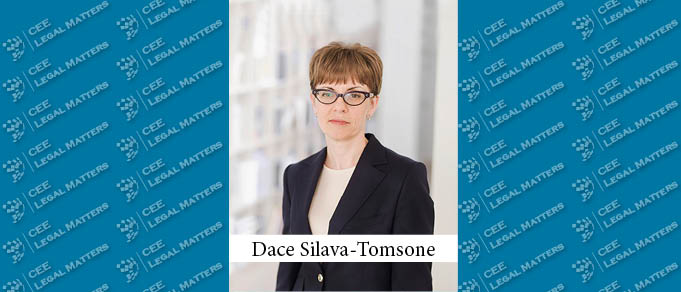The Baltic real estate and construction markets remain active, with a number of sizeable transactions completed during the first few months of 2019 and investment pouring into the development of infrastructure, commercial, and residential projects. For the past decade, the Estonian and Lithuanian real estate markets have been more active than the Latvian market. Now, however, with Estonian and Lithuanian markets becoming more and more saturated, Latvia is attracting an increased amount of interest from developers and investors.
This increased activity is providing an additional push for streamlining the construction process to facilitate the absorption of investment and deliver more projects to the market. The long-awaited reforms of the construction law finally seem to be ready for launch. The Ministry of Economics, the institution responsible for construction policy in Latvia, has released draft laws which promise improvement in a number of aspects.
Diminishing Regulatory Control
In line with the decrease of regulatory control over construction that has become a trend across Europe, the proposed amendments to the Construction Law of Latvia narrow the scope of review of designs to be performed by public authorities supervising the construction processes (i.e., “construction boards”). Under these proposed amendments, construction boards will control the architectural quality of designs only to the extent required to preserve the landscape and urban environment and to ensure compliance with zoning requirements and requirements for the building’s location. The amendments aim to end a long-lasting discussion about whether construction boards are entitled (or even required) to review technical solutions. Going forward, overseeing compliance with building regulations and standards will be the exclusive responsibility of certified architects and engineers. The decreased regulatory control is expected to speed up construction processes, which can currently be significantly delayed by the need to obtain approvals (although in fact current construction board review is largely formal due to a lack of staff and competence).
Yet another innovation will be the introduction of the principle of “silence as acceptance.” Under this principle a construction board or other public authority that fails to issue a decision within the timeframe required by the construction laws will be deemed to have granted its approval for the intended activity. Likewise, owners of networks and roads who fail to coordinate the construction documents within the terms set by law will be deemed to have consented to the works within the protective zones of the relevant networks or roads.
Effective Insurance
Surprisingly, the hottest area of debate related to the improvements in construction regulations involves the division of liability. Although there is no doubt that each party must bear liability for its own mistakes, the industry found it difficult to reach a compromise on which party should bear the risk of third parties suffering damages or injuries as a result of accidents on the construction site.
It is well known that determining the cause of accidents may take years and involve significant expense. The current Latvian system, under which each participant of the construction process (designer, expert, contractor, supervisor, etc.) must carry its own third-party liability insurance policy, is not functioning, as no compensation is paid by insurers until the determination of the responsible party is concluded, and few third parties have the resources or the patience to wait. As a result, suits brought by third parties against all the construction participants involved (or at least against the deepest pocket) are common.
The solution of this problem lies in comprehensive insurance, covering all the participants of the construction process. Since there is no strict liability of building owners in Latvia, developers found it difficult to accept that they would be held liable for risks related to faults of their contractual parties. Eventually, a compromise seems to have been found: customers will be obliged to procure third-party liability insurance covering all the construction participants. Only if the customer fails to procure the insurance will it be liable towards a third party, up to the limit of mandatory insurance. It will be an additional cost for the customer, but it will end the search for the deep pocket – which most often is the developer itself.
If these legislative proposals are adopted by the end of 2019, another step forward will have been taken towards making the Latvian market more attractive for developers.
By Dace Silava-Tomsone, Managing Partner, Cobalt Latvia
This Article was originally published in Issue 6.11 of the CEE Legal Matters Magazine. If you would like to receive a hard copy of the magazine, you can subscribe here.

